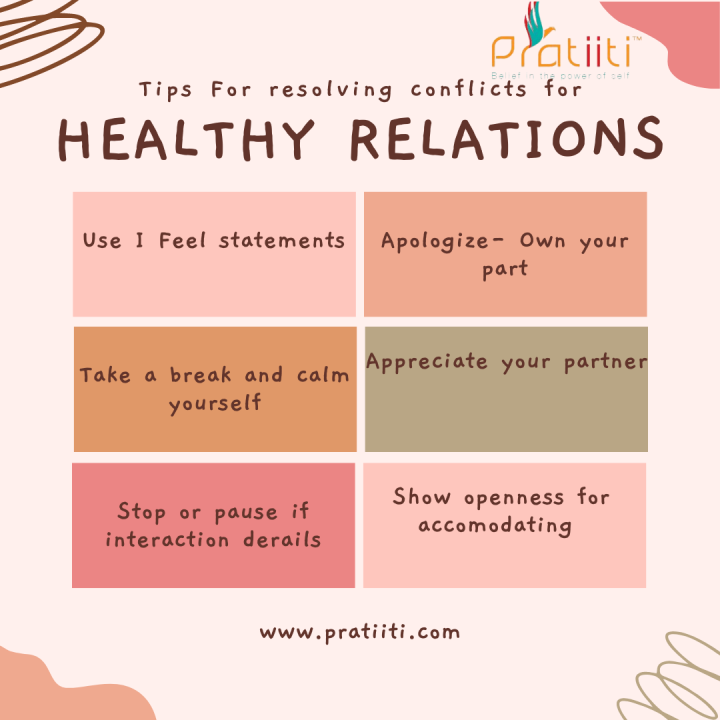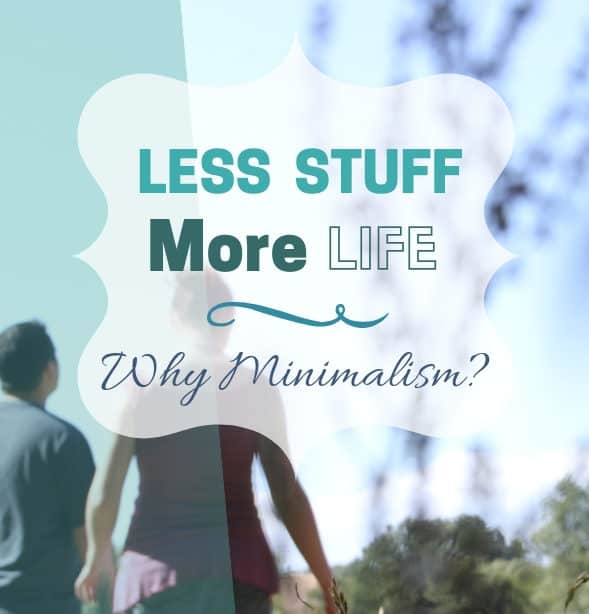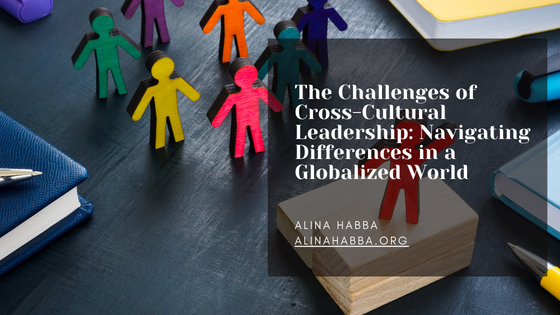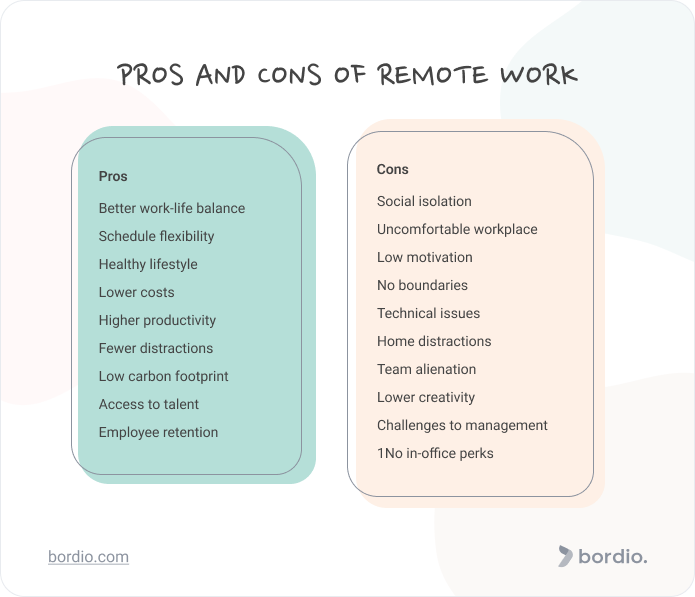How to Build Healthy Relationships
Building healthy relationships requires effective communication and mutual respect. Prioritize trust and understanding to foster a strong connection.
Healthy relationships are vital for personal well-being and happiness. They provide emotional support and contribute to mental health. To build a healthy relationship, start by being honest and transparent. Open communication helps in expressing feelings and resolving conflicts. Respect your partner’s opinions and boundaries.
Trust forms the foundation of any strong relationship. Show appreciation and gratitude regularly. Spend quality time together and engage in shared activities. Maintain a balance between independence and togetherness. Healthy relationships require effort and commitment from both parties. By prioritizing these elements, you can create a fulfilling and lasting bond.
Building Trust
Trust is the foundation of any healthy relationship. Without trust, other elements like love and respect cannot flourish. Building trust requires time, effort, and a commitment to mutual understanding. It involves being open, honest, and consistent in your actions and words.
Open Communication
Open communication is key to building trust. Talk about your feelings, thoughts, and concerns. Listen to your partner without interrupting. This shows respect and helps build a deeper connection.
Using “I” statements can help. For example, say, “I feel hurt when you don’t call.” This focuses on your feelings rather than blaming.
- Share your thoughts honestly.
- Listen actively without interrupting.
- Use “I” statements to express feelings.
Consistency Matters
Consistency is crucial in building trust. Be reliable and keep your promises. This shows that you are dependable.
Even small actions matter. For instance, if you say you’ll call at 7 PM, make sure you do.
| Action | Impact |
|---|---|
| Keeping promises | Builds reliability |
| Being punctual | Shows respect |
| Consistent behavior | Creates security |
By being consistent, you show that you can be trusted. This strengthens the relationship.
Effective Communication
Effective communication is essential for building healthy relationships. It involves both talking and listening. Good communication helps people understand each other better. This can prevent misunderstandings and conflicts.
Active Listening
Active listening means paying full attention to the speaker. This shows you care about what they are saying. Here are some tips:
- Make eye contact
- Nod your head
- Avoid interrupting
- Ask questions to clarify
By listening actively, you show respect. This makes the other person feel valued.
Expressing Emotions
Sharing your feelings is important. It helps others understand you better. Use “I” statements to express your emotions. For example:
| Situation | Example |
|---|---|
| Feeling happy | “I feel happy when you help me.” |
| Feeling sad | “I feel sad when we argue.” |
Using “I” statements helps prevent blame. It focuses on your feelings.
Setting Boundaries
Building healthy relationships requires setting boundaries. Boundaries help maintain respect and understanding. They ensure both parties feel valued and secure.
Respecting Limits
Respecting limits is essential for a healthy relationship. Everyone has personal space and preferences. Respecting these limits shows you care. It also prevents conflicts.
- Listen when someone says no.
- Don’t push them to change their mind.
- Understand their comfort zones.
Clear communication helps in respecting limits. Use kind words and tone. This fosters trust and mutual respect.
Mutual Agreements
Mutual agreements form the backbone of strong relationships. Both parties should agree on boundaries. This makes expectations clear.
| Aspect | Agreement |
|---|---|
| Time | Decide how much time to spend together. |
| Space | Agree on personal space requirements. |
| Communication | Set rules for discussing issues. |
Mutual agreements reduce misunderstandings. They make each person feel heard and valued. Discuss and revisit agreements regularly.

Credit: www.mentalhealth.org.uk
Managing Conflicts
Conflicts are natural in any relationship. They can strengthen bonds if managed well. Understanding how to handle disagreements can help build healthier relationships.
Healthy Disagreements
Disagreements are part of every relationship. They do not mean the end. It’s crucial to communicate openly and honestly. Avoid blaming or name-calling. Respect each other’s opinions. Listen actively and show empathy.
- Stay calm and keep your voice steady.
- Use “I” statements to express your feelings.
- Focus on the issue, not the person.
Finding Compromises
Compromise is key in resolving conflicts. It shows respect and willingness to work together. Both sides should feel heard and valued.
| Steps | Actions |
|---|---|
| 1. Identify the Problem | Clearly state the issue at hand. |
| 2. Understand Both Sides | Listen to each other’s perspectives. |
| 3. Brainstorm Solutions | Come up with multiple solutions together. |
| 4. Agree on a Solution | Choose a solution that satisfies both. |
Always remember to check in with each other. This ensures the solution is working. If not, discuss and adjust as needed.
Showing Appreciation
Building healthy relationships requires effort and understanding. One powerful way to strengthen bonds is by showing appreciation. Simple acts of gratitude can make a significant difference. This section will explore ways to show appreciation through small gestures and verbal affirmations.
Small Gestures
Small gestures can have a big impact. They show that you care. Here are some ideas:
- Write a note: Leave a heartfelt note for your loved one.
- Surprise them: Bring home their favorite treat.
- Help out: Do a chore without being asked.
- Plan a fun activity: Organize a surprise outing.
These small acts of kindness can make your partner feel valued. Consistent gestures build trust and show commitment.
Verbal Affirmations
Words are powerful. They can uplift and encourage. Verbal affirmations are a direct way to show appreciation. Here are some phrases to use:
- “Thank you for being you.”
- “I appreciate what you do.”
- “You make my life better.”
- “I am grateful for you.”
Using kind words can improve your relationship. Regular affirmations can boost your partner’s confidence and happiness. Remember to be sincere. Your words should come from the heart.
| Small Gestures | Verbal Affirmations |
|---|---|
| Write a note | “Thank you for being you.” |
| Surprise them | “I appreciate what you do.” |
| Help out | “You make my life better.” |
| Plan a fun activity | “I am grateful for you.” |
Showing appreciation through small gestures and verbal affirmations can strengthen your relationship. These actions show love and respect, building a deeper connection.
Quality Time
Building healthy relationships requires spending quality time together. This means being present and engaged. Quality time strengthens bonds and creates lasting memories. Let’s explore how to make the most of your time together.
Shared Activities
Shared activities bring people closer. Doing things together creates shared experiences. These experiences build strong connections. Choose activities you both enjoy. Here are some ideas:
- Cooking a meal together
- Going for a walk
- Playing a board game
- Watching a movie
- Exercising together
These activities foster teamwork and communication. They also create fun memories. Make time for these activities regularly.
Unplugged Moments
Unplugged moments mean time without screens. Digital devices can be distracting. They take away from face-to-face interaction. To build healthy relationships, you need to be present. Here are ways to unplug:
- Set specific times to be device-free.
- Create a no-phone rule during meals.
- Engage in conversations without interruptions.
- Practice mindfulness together.
- Read a book together.
Unplugged moments allow deeper connections. They help you understand each other better. Make these moments a priority.
Emotional Support
Building healthy relationships is crucial for personal well-being. One key component is emotional support. It involves being there for each other during tough times. Providing emotional support strengthens bonds and builds trust.
Being Present
Being present means giving your full attention to your partner. Put away distractions like phones and gadgets. Listen actively and show you care. This simple act can make a significant difference.
Empathy And Understanding
Empathy means feeling what the other person feels. Try to understand their emotions. Use phrases like, “I understand how you feel.” This shows you care and builds a deeper connection.
Understanding is about accepting the other’s perspective. Respect their feelings and viewpoints. Even if you disagree, acknowledge their emotions. This helps in resolving conflicts and maintaining harmony.
| Key Actions | Benefits |
|---|---|
| Being present | Strengthens bond |
| Active listening | Builds trust |
| Showing empathy | Deepens connection |
| Understanding | Resolves conflicts |
- Be present during conversations.
- Listen actively to your partner.
- Show empathy and understanding.
- Acknowledge their feelings and perspectives.
Incorporating these practices can greatly enhance the quality of your relationships.

Credit: www.youtube.com
Maintaining Independence
Building healthy relationships is essential, but maintaining independence is equally important. Independence helps individuals grow, ensuring that each person remains true to themselves. This balance creates stronger and more fulfilling connections.
Personal Space
Personal space is crucial in any relationship. Each person needs time alone to recharge. Respect each other’s need for solitude. This respect fosters trust and mutual understanding.
- Set boundaries for alone time.
- Communicate your need for personal space.
- Respect your partner’s personal time.
Creating a schedule can help. Allocate specific times for personal activities. This way, both partners know what to expect. It reduces misunderstandings and conflicts.
Individual Growth
Encouraging individual growth strengthens relationships. It allows each person to pursue their passions. This keeps the relationship dynamic and exciting.
- Support each other’s personal goals.
- Engage in activities that promote self-improvement.
- Share experiences and learn from each other.
Celebrate achievements and milestones together. This creates a supportive environment. It helps both partners feel valued and appreciated.
A healthy relationship thrives on mutual respect and independence. Remember, a strong individual makes a strong partner.

Credit: www.parenting.org
Conclusion
Healthy relationships require effort, communication, and mutual respect. Focus on understanding and empathy to build strong connections. Practice active listening and open dialogue. Remember, trust and honesty are key. By nurturing these elements, you can create meaningful and lasting relationships.
Start today and see the positive changes unfold.







